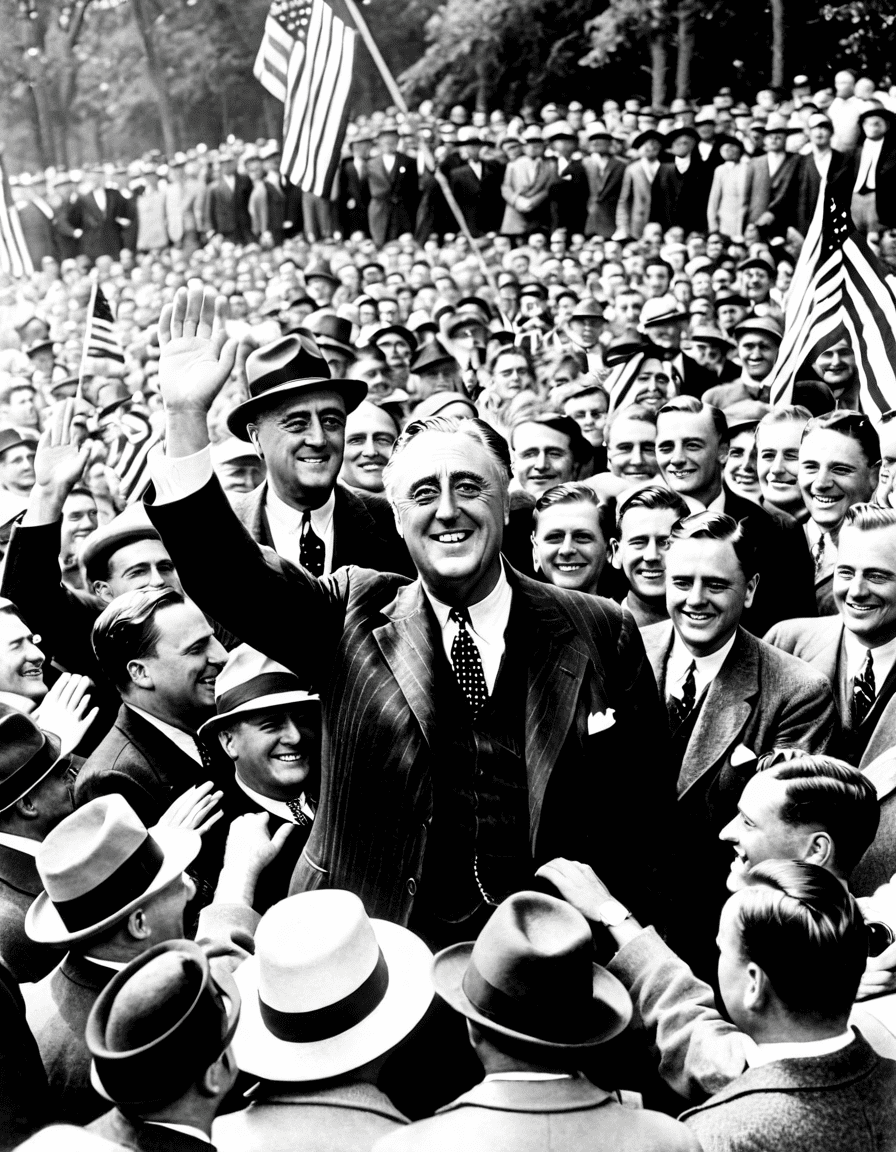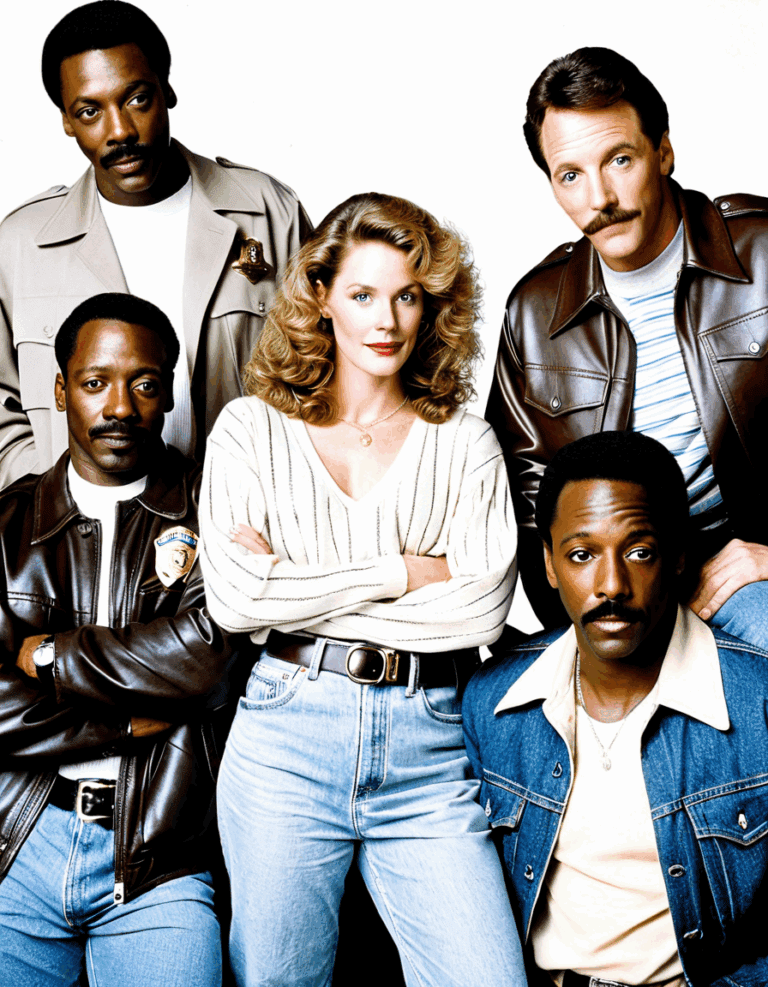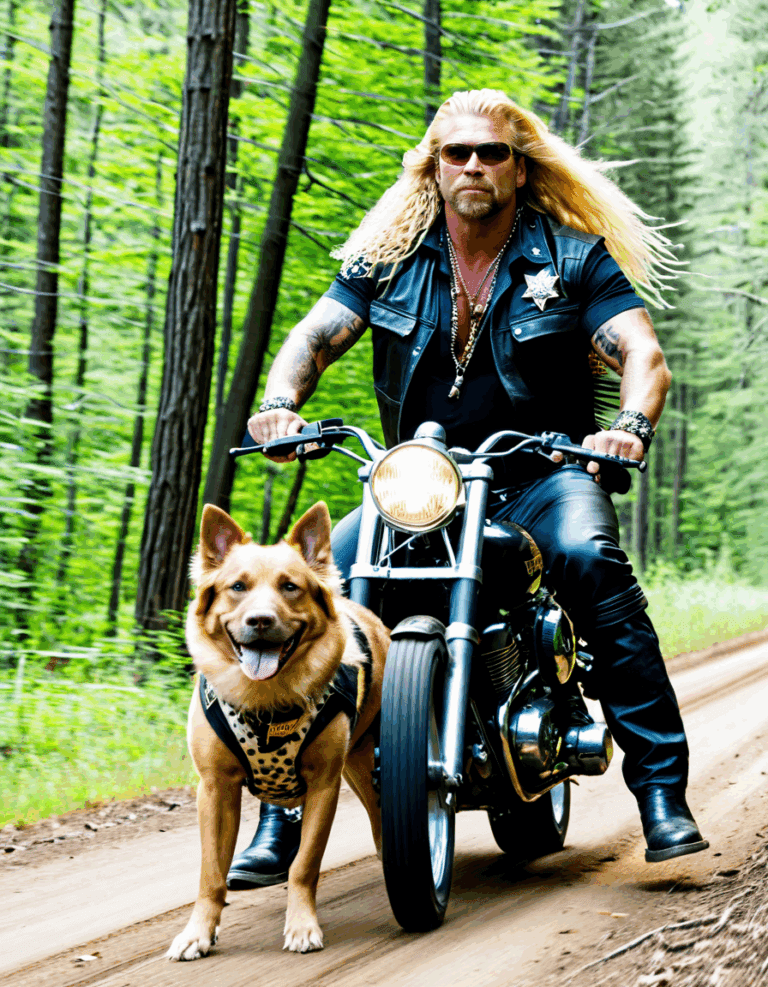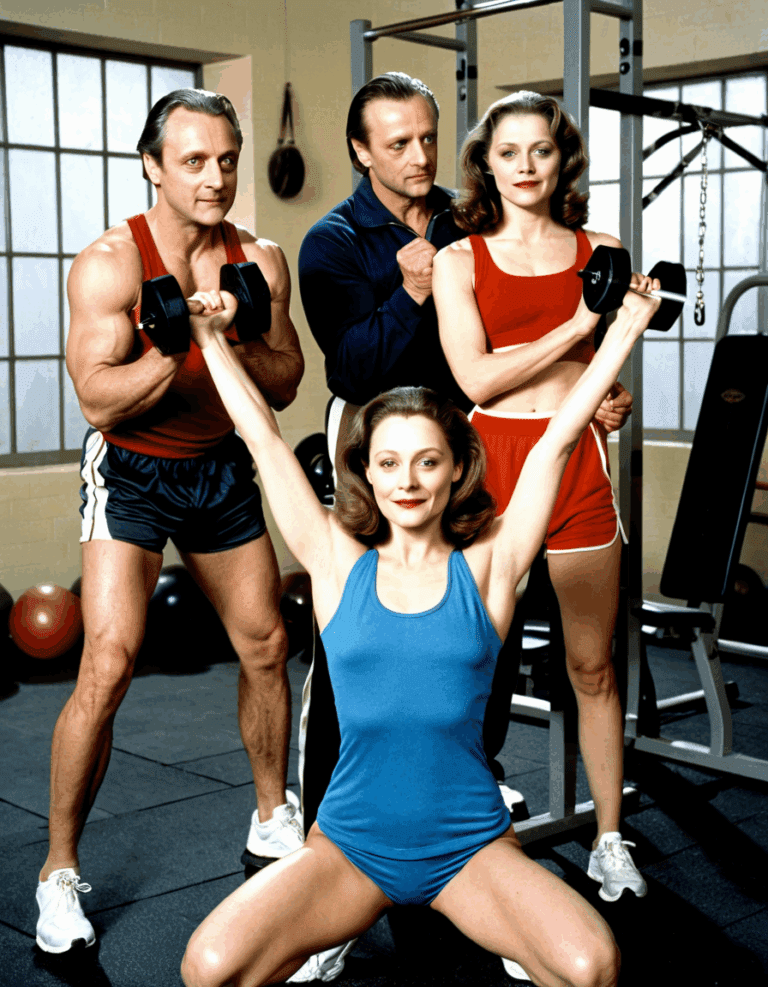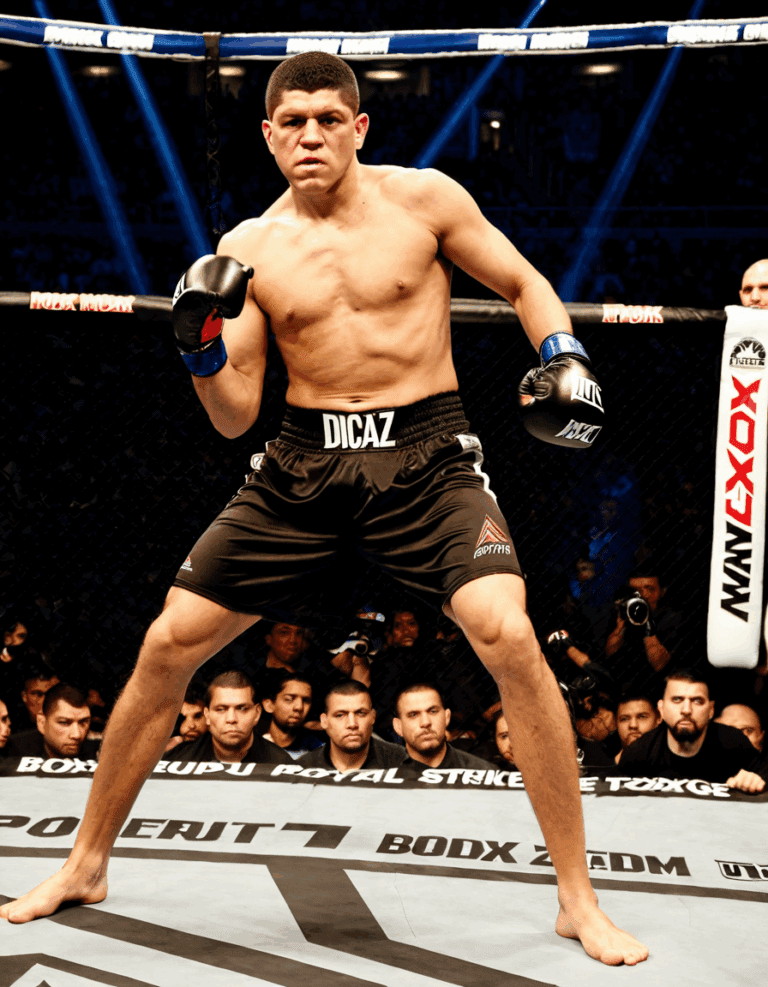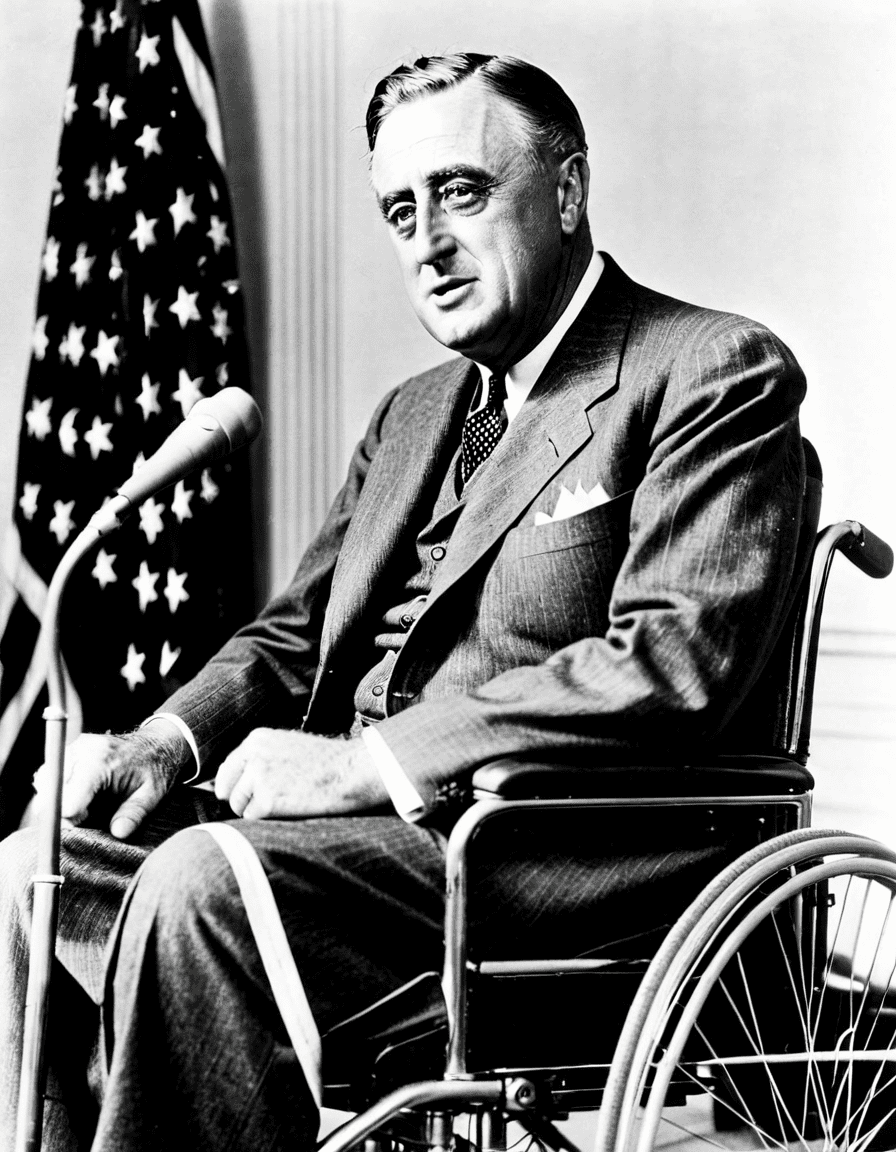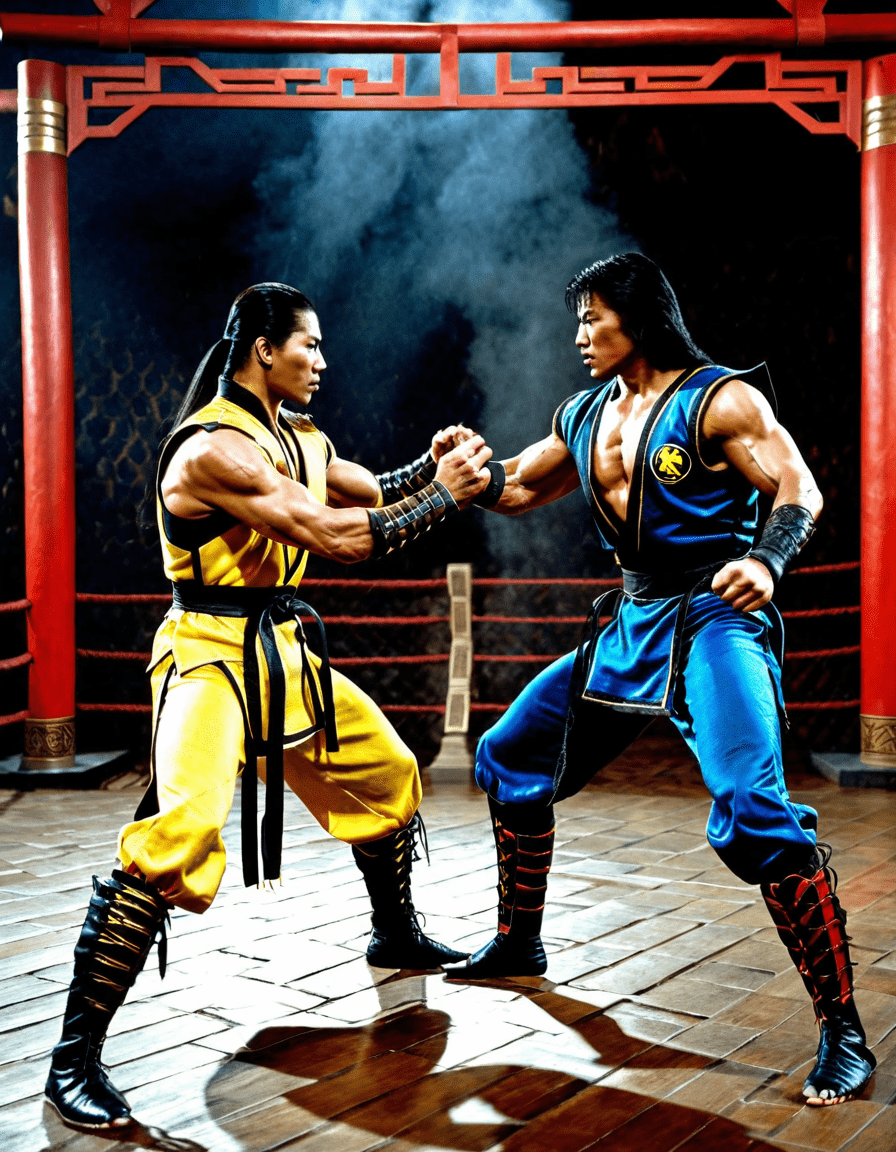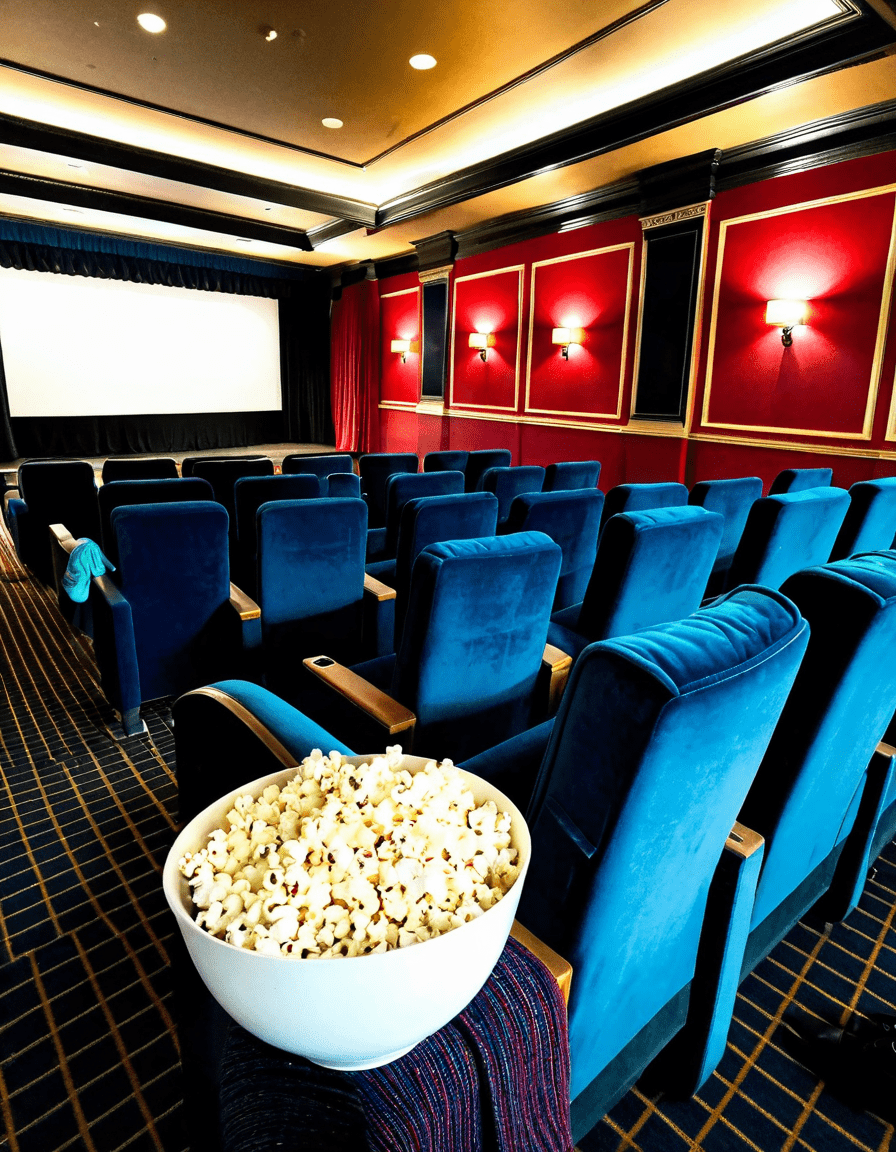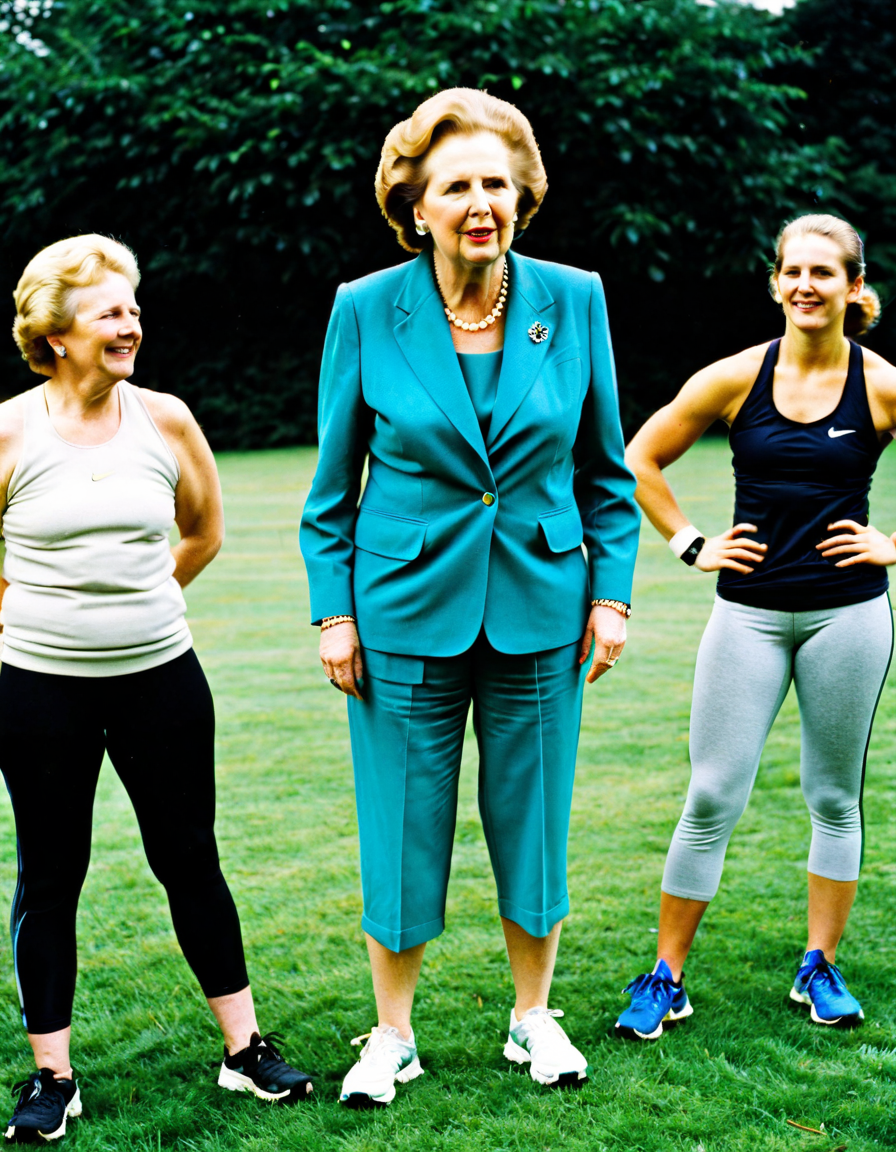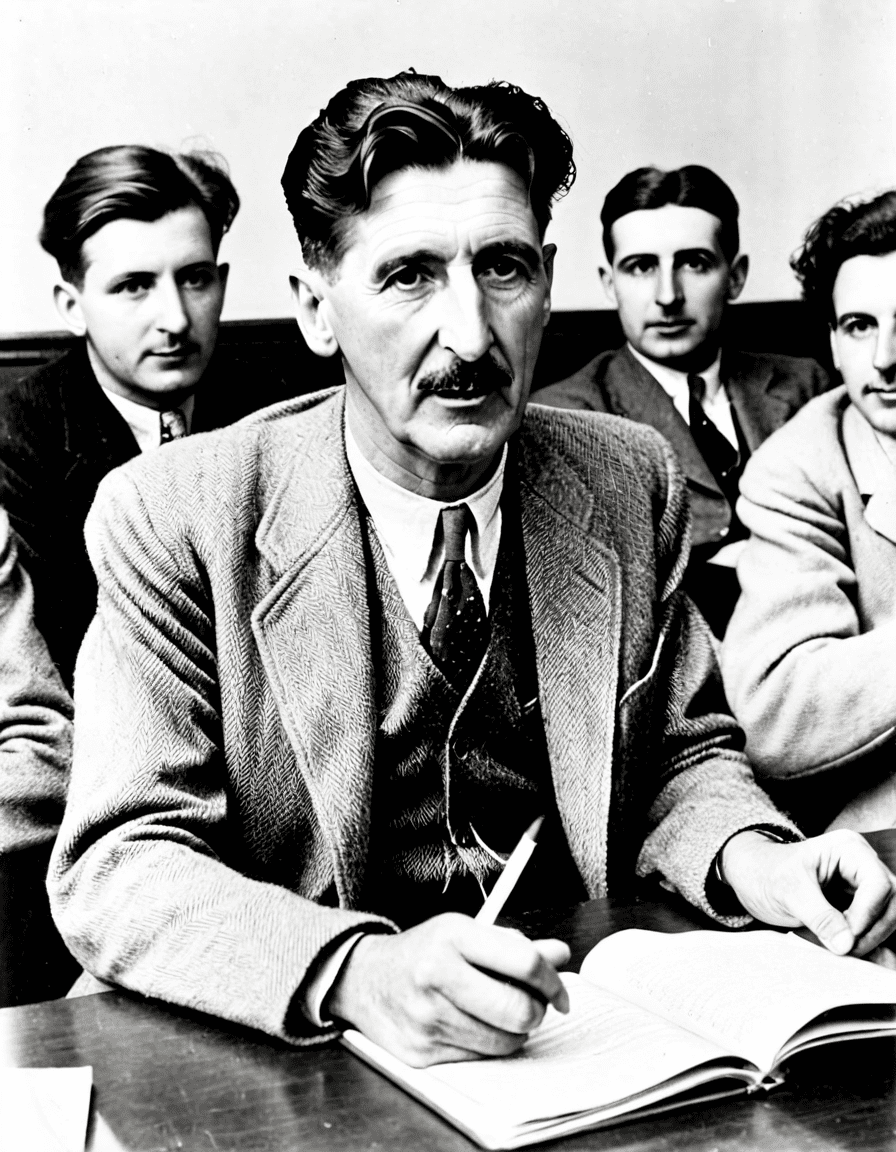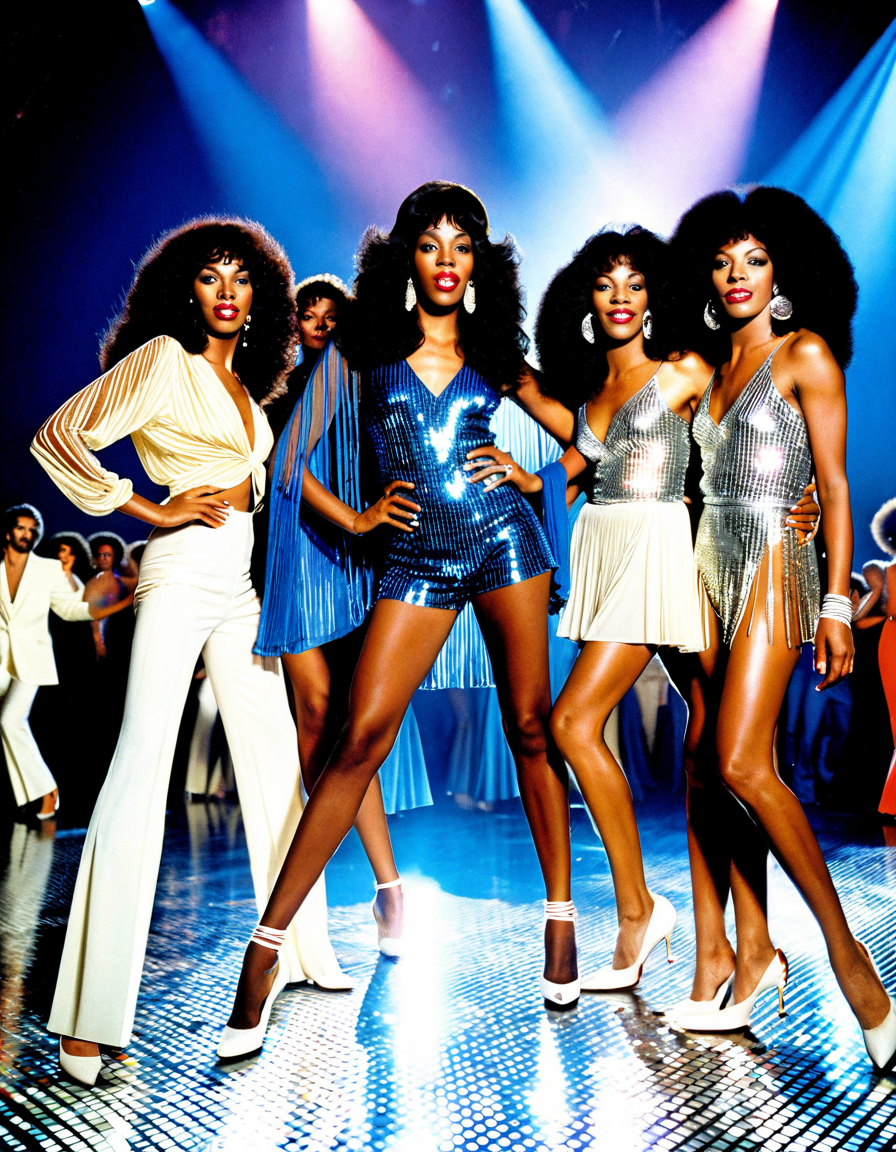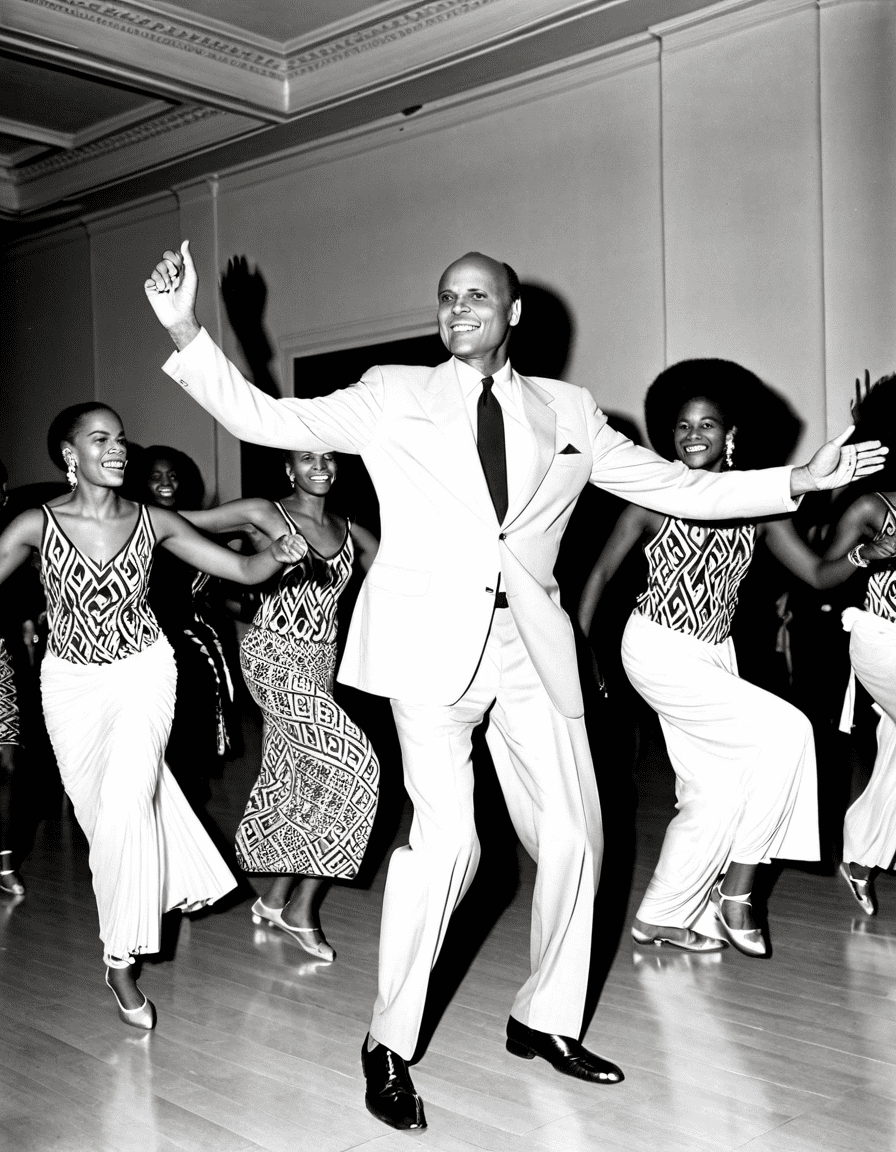Franklin D. Roosevelt, or FDR as we know him, is a towering figure in American history. He didn’t just steer a nation through economic upheaval and a world war; he transformed the very nature of leadership itself. As a charismatic leader with a flair for communication, he directly engaged with the public through innovative mediums like radio. While many were struggling during the Great Depression, FDR became a beacon of hope, embodying resilience much like a fitness champion tackling an intense workout. His legacy, filled with groundbreaking policies and reforms, set the stage for generations to come, showing us that real change is born from a deep understanding of the people you serve.
Now, let’s dive into his leadership style, which was far from conventional. FDR wasn’t a figure who brushed off the struggles of average Americans. Oh no, he was right there, rolling up his sleeves and getting to work. Like a coach inspiring their team to push past their limits, he communicated his plans for rejuvenating the economy with zeal and empathy. Through his famous fireside chats, he spoke directly to citizens, earning their trust while creating a sense of community. Can you imagine that kind of connection today? Just like Arnold Schwarzenegger’s motivational speeches about getting ripped, FDR used his platform to inspire action and unite a nation under a common goal.
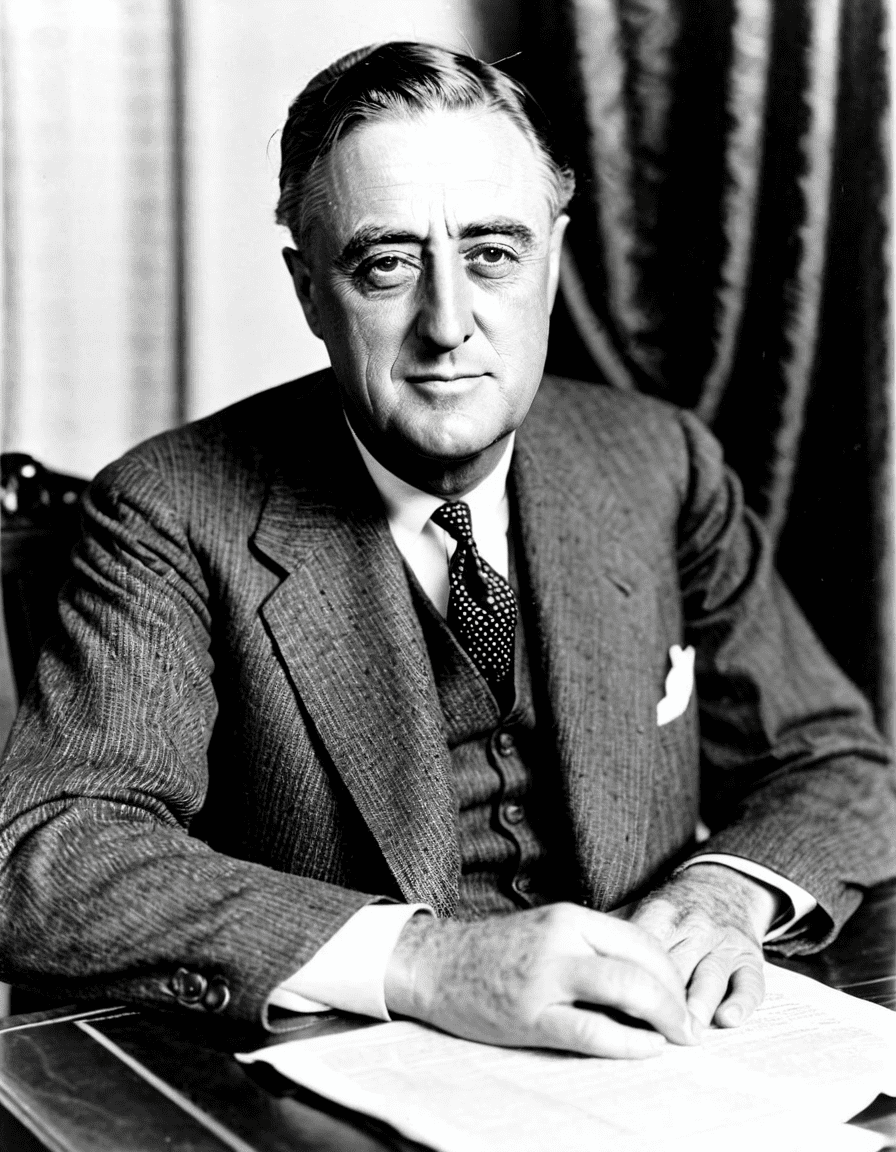
The Leadership Style of Franklin D. Roosevelt
FDR’s leadership was rooted in effective communication and empathy. He had a rare ability to articulate complex ideas in simple terms, making them accessible to all. Unlike contemporaries like Herbert Hoover, who often kept his distance from the public, Franklin D. Roosevelt understood that direct engagement was key. He recognized the power of radio as a tool to connect with everyday Americans, and his fireside chats served to calm fears and dispel rumors. It’s a method that still resonates today, as leaders worldwide continue to look for ways to connect with their constituencies.
One of the big differences between Roosevelt and previous leaders was his hands-on approach. FDR believed that government should be actively involved in solving issues, much like how athletes seek guidance from coaches for peak performance. His New Deal initiatives aimed not just to address immediate concerns but also to foster long-term growth. This involved bold strategies and reforms that shaped the economic landscape for decades. Roosevelt tackled obstacles head-on, proving that transformative leadership requires a willingness to adapt and innovate.
Top 5 Transformative Policies of Roosevelt and Their Long-Lasting Impact
1. Social Security Act: A Safety Net for Future Generations
One of FDR’s most significant achievements was the Social Security Act of 1935. This groundbreaking legislation acted as a safety net, providing critical financial support to the elderly, disabled, and unemployed. Just think about it! Millions rely on this program today, much like athletes depend on protein shakes for muscle recovery. Over the years, political figures such as Ronald Reagan acknowledged the importance of the Social Security program, demonstrating its lasting impact on economic stability in America.
2. The New Deal: A Cooperative Response to Economic Crisis
The New Deal was a lifeline during the Great Depression, a series of programs designed to reinvigorate the American economy. Roosevelt was a true game-changer here. The creation of the Federal Deposit Insurance Corporation (FDIC) helped restore confidence in the banking system, while the Civilian Conservation Corps (CCC) employed millions to work on conservation projects. Unlike leaders like Dwight D. Eisenhower, who followed with a limited government ideology, FDR embraced the idea of extensive government involvement as a necessary force for economic recovery.
3. Franklin D. Roosevelt and International Obligations
FDR was not just focused on domestic issues; he understood the importance of global engagement. While isolationists like Woodrow Wilson were hesitant, FDR actively sought alliances during World War II. His support for the Lend-Lease Act signaled a departure from isolationism, recognizing that America’s role on the world stage was critical. His diplomatic efforts laid the groundwork for international cooperation that continues to shape our world today, including the establishment of the United Nations.
4. Economic Security Through Labor Protections
During his presidency, FDR prioritized labor rights, leading to the formation of the National Labor Relations Act (Wagner Act) in 1935. This act empowered workers by promoting their rights to unionize, fundamentally changing workplace dynamics. Think of it this way: it’s comparable to the way fitness enthusiasts advocate for their rights to a healthy work-life balance. This progressive shift strengthened labor unions and protected workers’ interests, ensuring they could negotiate for fair wages and better working conditions.
5. The Role of Women and Minorities in Roosevelt’s Policies
Though FDR faced criticism for not doing enough in civil rights, his administration did pave the way for increased participation of women and minorities in the workforce. Initiatives like the Works Progress Administration (WPA) opened doors in sectors previously dominated by white males, affirming that everyone deserves a shot when the chips are down. This progressive stance began changing societal norms, setting the stage for future movements that would seek greater equality in all areas of American life.
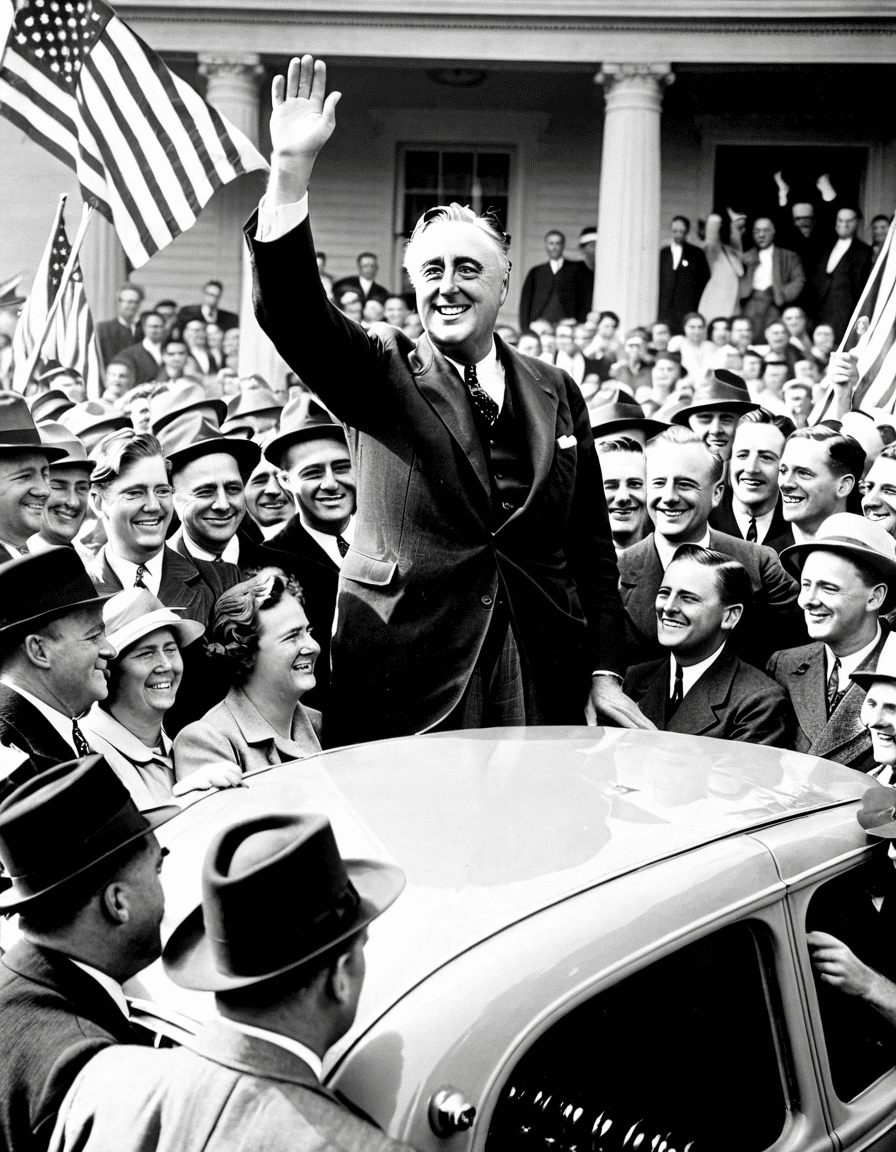
Comparing Leadership Styles: Roosevelt vs. Eisenhower and Later Presidents
When we stack up Franklin D. Roosevelt’s leadership style against later presidents, the contrast is striking. Take Dwight D. Eisenhower, for instance. Eisenhower adopted a more modest approach, endorsing limited government intervention. In contrast, FDR’s bold policies emphasized direct engagement in economic and social issues. Similarly, Ronald Reagan’s strategies leaned toward deregulation and free market principles, which challenged many of the foundational ideas laid down by Roosevelt. This ongoing dialogue among these leaders underscores not only FDR’s lasting impact but also the evolving nature of American political thought.
The debate about government’s proper role in citizen’s lives has carried forward into today, making FDR’s pioneering ideas even more relevant. His work created a framework through which modern leaders can understand how to relate to the challenges their constituents face. Just as athletes push boundaries, modern leaders can draw inspiration from Roosevelean principles in tackling contemporary issues, pushing for solutions that uplift everyone.
The Enduring Influence of Roosevelt’s Leadership
FDR’s legacy as a transformative leader is not just about policies; it’s about forging connections. His ability to connect with ordinary folks resonates deeply even today. It reminds us that like Wilt Chamberlain in sports, whose impressive feats redefined basketball, FDR challenged the status quo and showed us what’s possible when you believe in transformation. This sentiment rings true in all fields, whether you’re getting shredded in the gym or fighting for economic justice.
Reflecting on his contributions nearly a century later, we see how he didn’t just adapt a presidency to challenges—he transformed it. His vision for a more inclusive, progressive America continues to inspire leaders navigating today’s multifaceted political landscape. As society faces both new and enduring challenges, the spirit of Franklin D. Roosevelt’s leadership serves as a beacon for those committed to growth, empathy, and community engagement.
So, whether we’re aspiring to build muscle or making sense of the world around us, let FDR’s lessons echo in our hearts: Transformation is possible. Just like working out, it takes time and effort, but the results are always worth it!
Franklin D Roosevelt: A Legacy of Leadership
FDR’s Unique Approach to Governance
Franklin D. Roosevelt stood out among U.S. presidents with his distinctive blend of charm and resolve. He stepped into office during the Great Depression, facing a nation in crisis. Roosevelt’s “New Deal” reforms shaped a transformed social and economic landscape. Interestingly, his legendary “fireside chats” became a significant part of American culture, as he connected intimately with citizens through radio waves, almost like sharing Popcorners chips during a cozy gathering! These broadcasts not only provided hope but also created a sense of community. You could say he brought people together much like a gripping movie, reminiscent of Trenzas that draw you in.
Personal Insights and Hobbies
Did you know Roosevelt had a keen interest in arts and culture? He was an avid collector of stamps and a big fan of classic literature, which enhanced his ability to connect with diverse groups. Despite his challenging health issues, he maintained positivity, showing that leadership comes from a resilient spirit. Fun fact: his affinity for the dramatic can be paralleled with the talent seen in the works of Alan Rickman movies, where subtlety and depth thrive. This artistic flair helped him express complex ideas simply, making intricate policies relatable to the average citizen.
The Man Behind the Leadership
FDR’s personal struggles inspired his empathy towards others facing hardships. In fact, he was often dubbed the “Great Communicator” for his ability to articulate the aspirations and fears of the American people. His legacy doesn’t just rest on politics; it also permeates popular culture, influencing various realms like film and literature. The cast of today’s shows, like Better Call Saul, reminds us of the ongoing impact of powerful narratives in our lives. Moreover, his leadership paved the way for future movements, just as Tantoo Cardinal has graced stages and screens, highlighting the strength found in storytelling.
Franklin D. Roosevelt’s legacy as a transformative leader is rich with inspiring stories and significant accomplishments that continue to resonate in various aspects of life, from politics to popular culture, including the challenges faced in creative works like From Season 2. His ability to use his personal challenges as a platform for national resilience mirrors the way we, much like magic tricks of Abracadabra, find hope in unexpected places.
